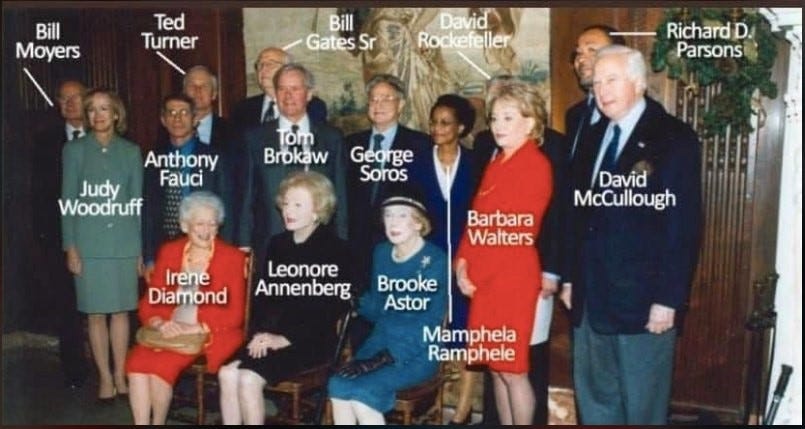AS THE NATION REOPENS, SO GOES CASH? Will Covid-19 Hasten Our Move to Digital Payments?
by Dave Allen, The Gateway Pundit:

To some, however, a pandemic-triggered decline in cash is nothing to celebrate. Cash is an essential financial tool of the millions of Americans who either don’t have access to banks or credit cards, or who opt to not make use of them.
The retail apocalypse is coming. Stores have been closing their doors all over the country. And whether they’re inside a mall or on a standalone slab, many of those that are still open are saying no to cash.
Shoppers continue to switch their buying to Amazon and Walmart.com. Most of the restaurants that have stayed open won’t take cash, and they’re operating without any customer contact at all, requiring them to pay online before picking up their orders.
What once seemed like the oldest, most reliable – and preferable – way of paying seems in peril.
Harvard economist Kenneth Rogoff, who has advocated for a less-cash society (as opposed to cash-less),predicts the crisis “is absolutely going to drive people to prefer credit and debit to cash.” The jury is out on what Rogoff expects , but…..
DIGITAL PAYMENTS FILLING THE VOID
Digital payments, which are quick, clean and easy, are filling the void. That sudden shift is a huge opportunity for tech firms such as online payments giant PayPal, which also owns Venmo.
CEO Dan Schulman says the company is seeing the number of new customers setting up accounts each day “basically double” from levels before the pandemic.
Square, the digital payment company run by Twitter CEO Jack Dorsey, has found itself fielding calls from merchants whose customers no longer want to touch any surfaces.
How much of this scenario is temporary or represents a fundamental change remains to be seen.
Tech companies have been pushing toward a more virtual, less cash-based payments system for a long time and, more recently, have started pressuring regulators to free them from the restrictions that govern traditional banks.
And that’s worrying those who look out for older and poorer Americans-groups that tend to be more reliant on paper money either for lack of access to computers and smartphones or because they don’t do business with banks.
Among cash’s greatest strengths is it universality and difficulty to track. Those attributes give Americans a nearly anonymous way to with their money privately as they please.
We can donate to our favorite church, political candidate or, as suggested by Nancy Scola, back a dissident group.
Jim Harper, a visiting fellow with the American Enterprise Institute, hits it on the head when he says, “Some of us still use cash because we think it’s nobody’s business.”
Scola reminds us that since the founding of our republic, cash has been at the heart of the American economy – even when it was tied to gold.
She asks, “How close could coronavirus come to killing off cash-and if it does, is society ready?”
ATMs RULE
It took decades – some might say a few centuries – for ATMs to reduce most visits to bank tellers. Today, Americans withdraw cash from them 5 billion times each year.
By one measure, cash is far from history. Federal Reserve data show a slight uptick in U.S. currency withdrawals globally, although much of that could be investing in what many people still see as a safe currency.
The pandemic, though, has forced Americans to change their spending habits virtually overnight.
For example, after resisting the move for years, the 1,200-store grocery chain Publix this month started accepting Apple Pay.
And the Treasury Department made it clear last month that Americans will get their coronavirus relief money a lot faster if they forego a paper check and instead opt for direct deposit.
The Department of Agriculture is rushing to expand a pilot program that lets the country’s 42 million SNAP recipients buy what they need from online grocers like Amazon Fresh.
Advocates for moving away from cash point out that it’s much faster to send money via the internet than to send a check through the mail.
Last month, Square’s Dorsey prodded the government to let his company and others in the fintech industry help figure out how to get Americans their money in a hurry.
Schulman, of PayPal, says he pitched a business acquaintance, Treasury Secretary Steven Mnuchin, about distributing government funds via PayPal.
Read More @ TheGatewayPundit.com
Loading...



